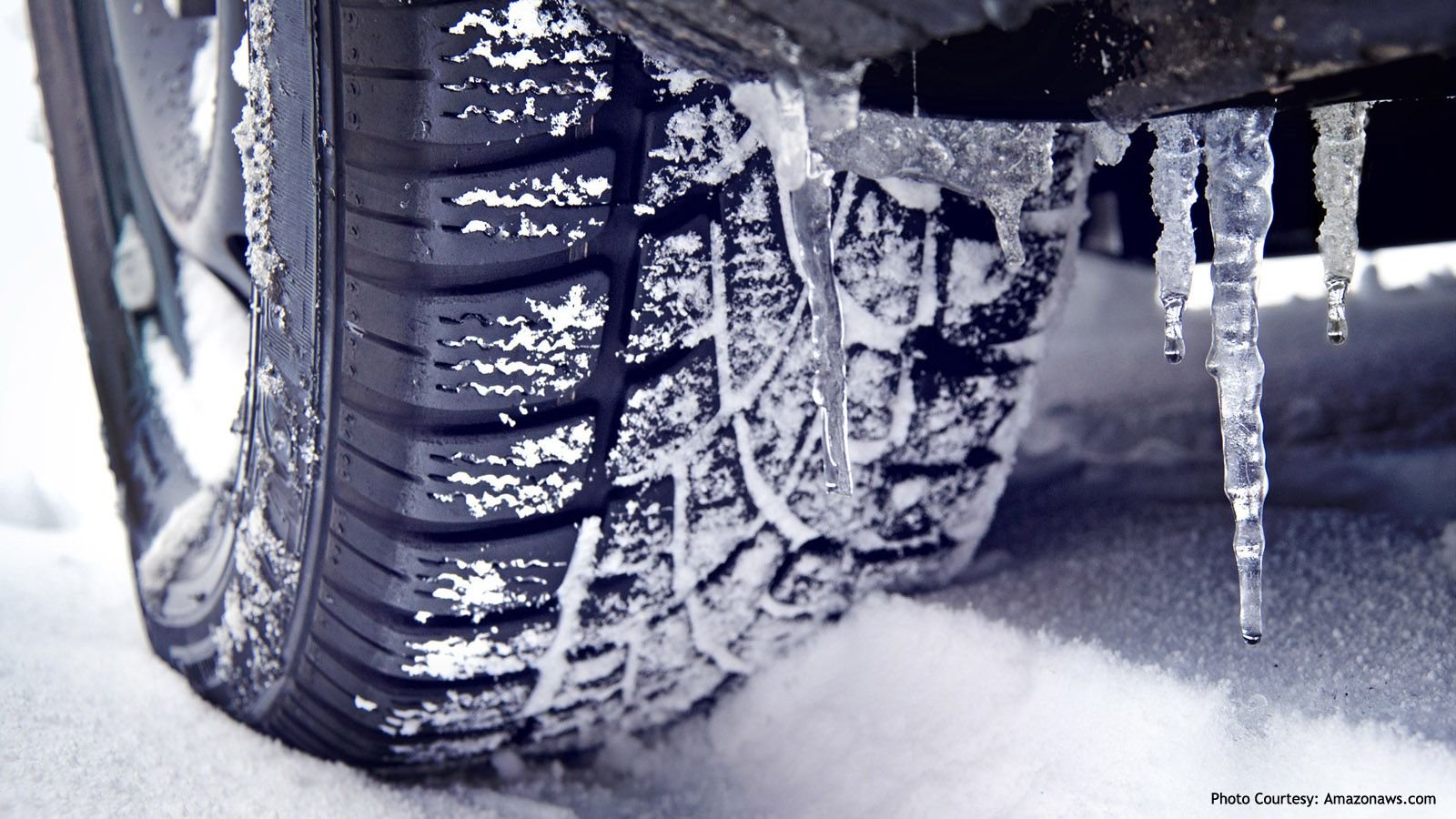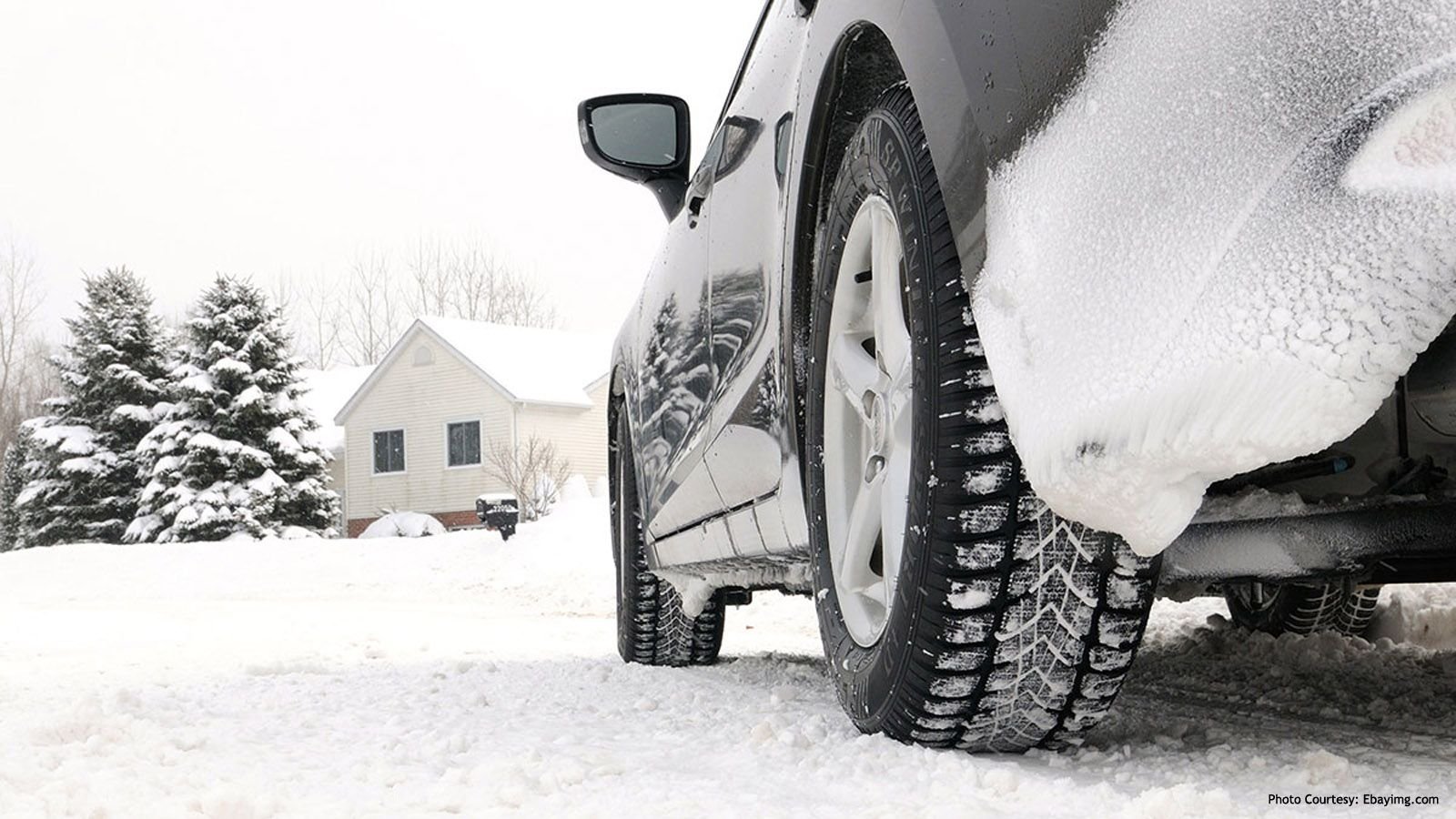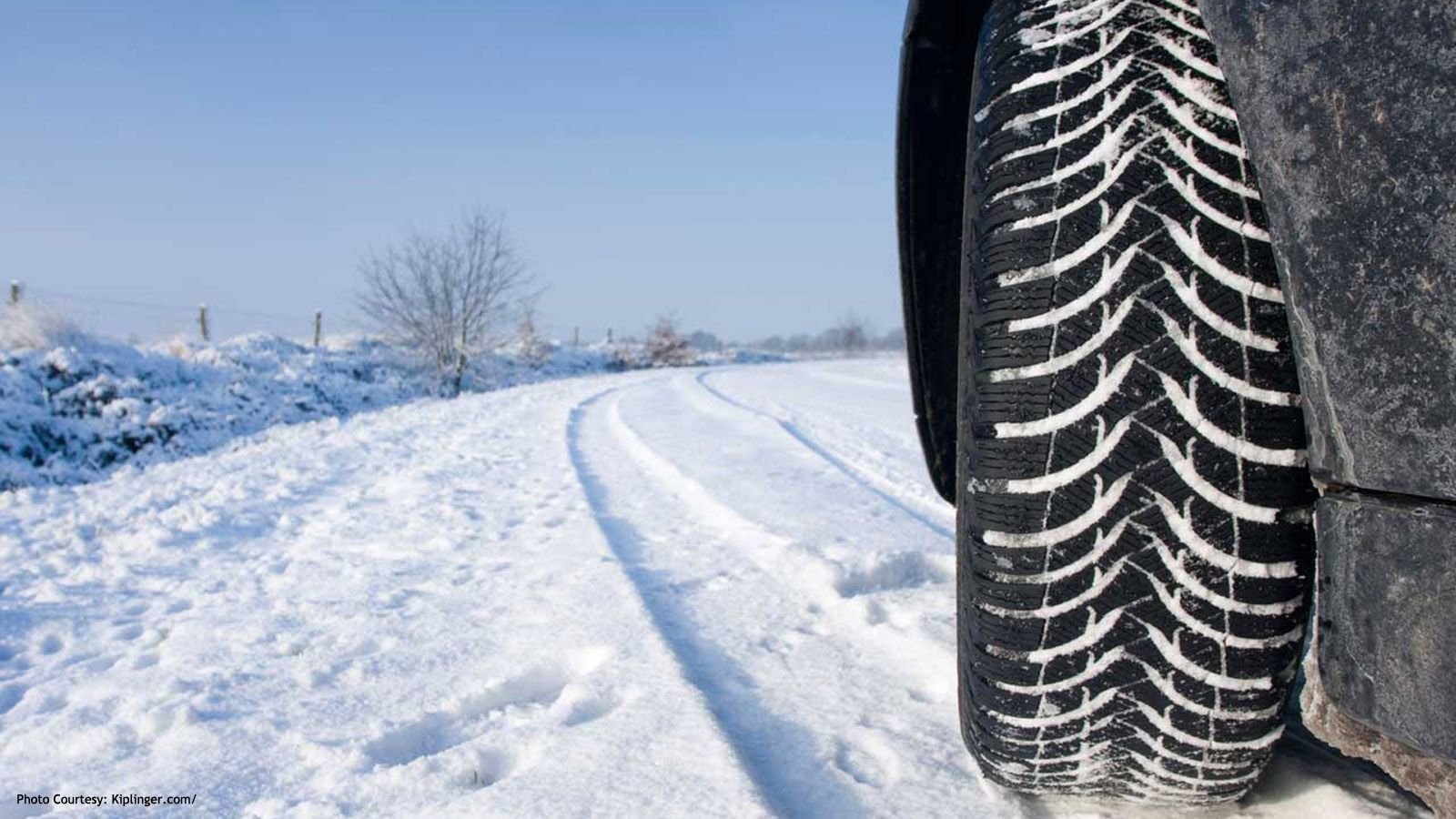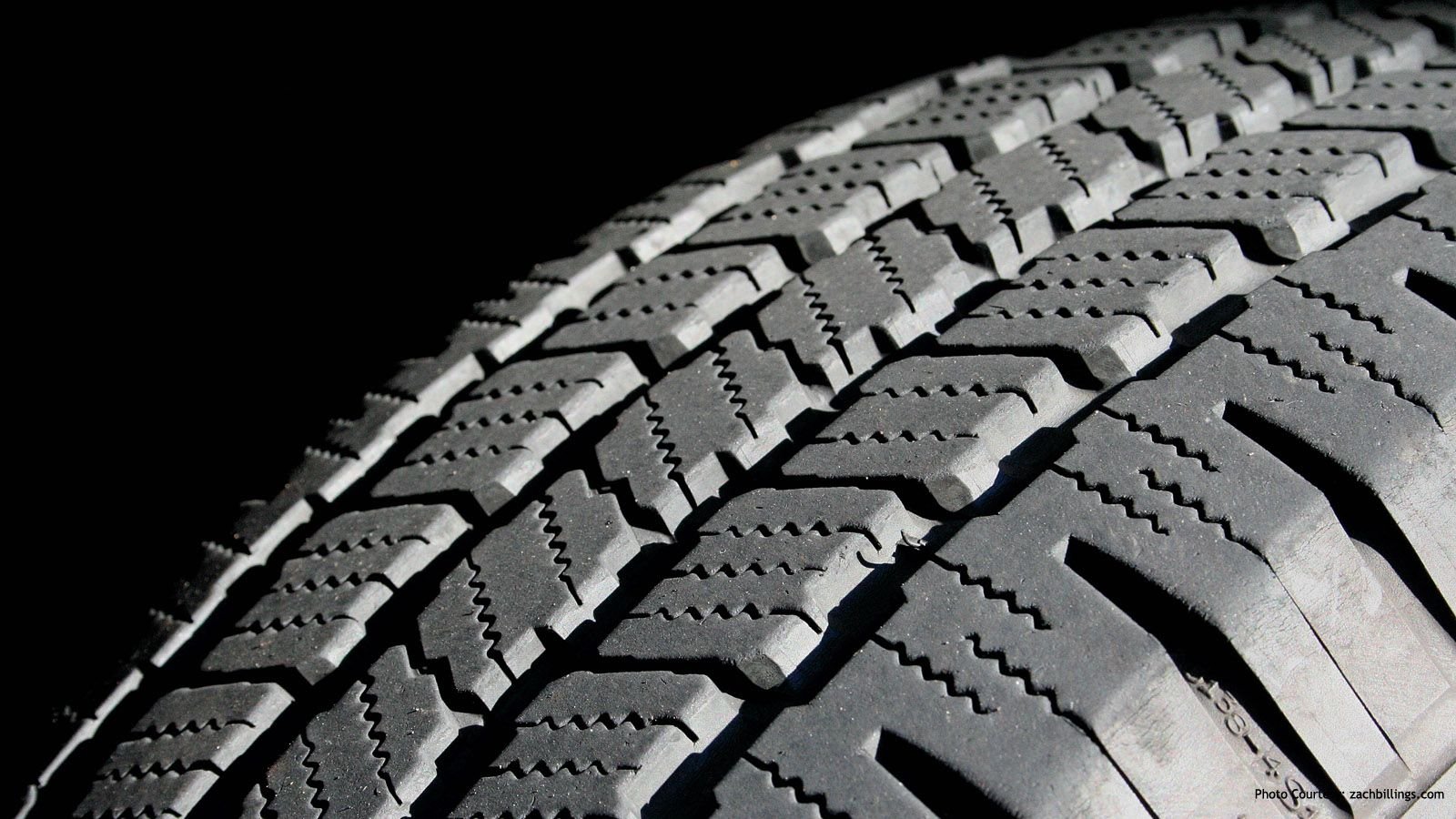7 Things to Know About Winter Tires
If you live in an area where winters are rough, then these seven winter tire facts are a must-know for you.














1. Winter vs All-Season Tires
Winter tires are designed for rough weathers, while all-season tires are designed for regular roads. In other words, all-season tires are rated for dry roads, so they would work for all seasons if you live in California or Nevada, but if you live in New York or Washington, they won't work in the winter, they're just labeled as such for marketing purposes.
>>Joint the conversation about the 7 Things to Know About Winter Tires here in the LS1Tech forums!
2. Winter Tire Sizing
Most people that get into the habit of changing to winter tires in the winter tend to get separate set of wheels for them. So when the winter is done, they just replace all four wheels, and store the other four wheels in their garages, which is much easier than going to a tire shop to remove each tire from its rim and install the other tire on it. The good thing about this habit is you can save some money on wheels. Winter tires are recommended to be an inch or two smaller than your regular wheels, so downsizing will be good for both your wallet and your traction.
>>Joint the conversation about the 7 Things to Know About Winter Tires here in the LS1Tech forums!
3. Mixing Winter Tires with Other Tires
If you're replacing your tires, tire experts may tell you that you only need to replace the two front ones for now, as they wear quicker than the rear ones. When it comes to winter tires, don't mix and match; always replace all four tires together. Having two winter tires and two regular tires could be a disaster, as two tires will provide extremely different traction than the other two, which could cause your car to spin out of control when turning.
>>Joint the conversation about the 7 Things to Know About Winter Tires here in the LS1Tech forums!
4. Winter Tires Handling
Winter tires are designed for rough weather conditions, which is why they tremendously increase your handling. If you drive with regular tires on snow or ice, you may be fine until yo need to turn; however, with winter tires, you may not even feel that much of a difference when turning on wet roads.
>>Joint the conversation about the 7 Things to Know About Winter Tires here in the LS1Tech forums!
5. Emergency Stops
When it comes to emergencies, you want to give yourself the best chance possible. While you may not need to stop short every time you sit behind the wheel, winter tires will make your emergency stop far shorter on slippery roads than regular tires.
>>Joint the conversation about the 7 Things to Know About Winter Tires here in the LS1Tech forums!
6. Replacing Winter Tires
When you're replacing your regular tires, you do so when their tread reaches 2/32" of depth; however, for winter tires, you want to always maintain great traction, which means you should replace them when they reach 6/32" of depth. Although this feels like you need to replace them often, winter tires are dedicated for one season, which means they can still last you three seasons or more.
>>Joint the conversation about the 7 Things to Know About Winter Tires here in the LS1Tech forums!
7. Are Winter Tires for You?
Winter tires are not for everybody. If you live in an area where all you get is some rain a few times a year, then winter tires will be an overkill for you. However, if you live in a place where it always rains or snows, then winter tires can save you a lot of money on car repairs.
>>Joint the conversation about the 7 Things to Know About Winter Tires here in the LS1Tech forums!
For more information on tires or other maintenance and repairs, head on over to our How-To section here in LS1Tech.com!
